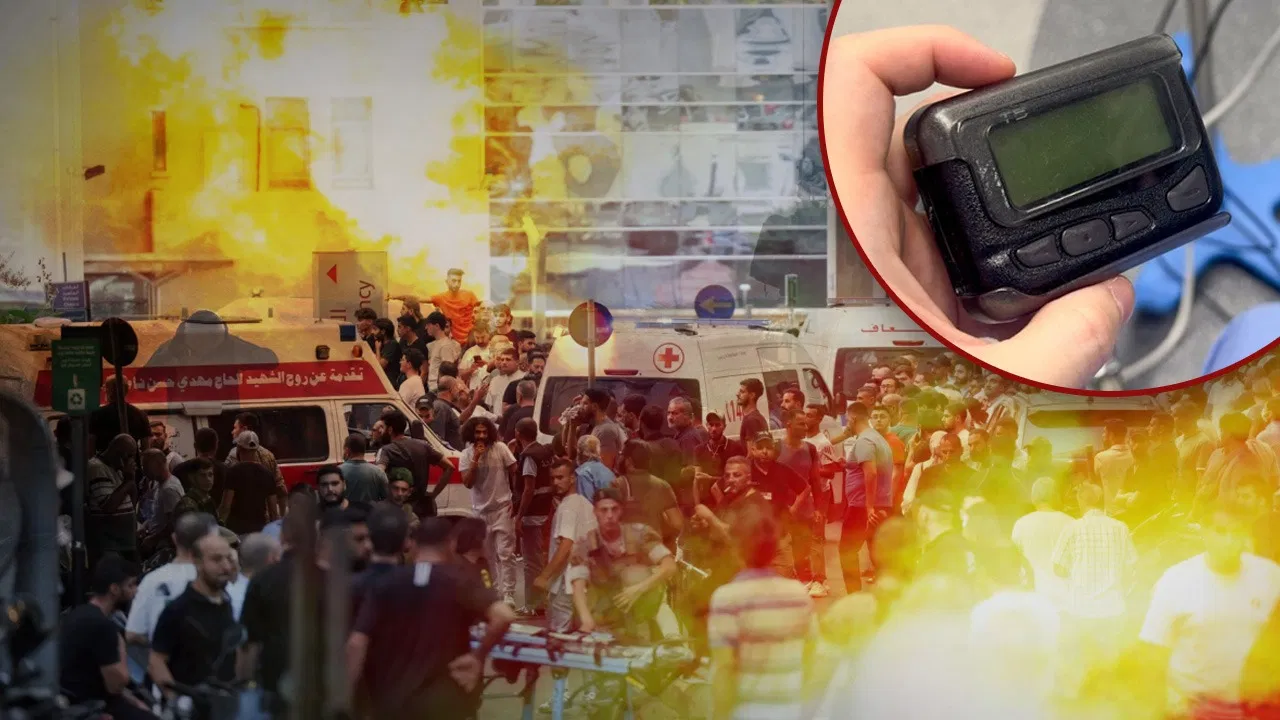Earlier today, a mysterious operation—likely orchestrated by Israel—caused 3,000 pagers used by Hezbollah to detonate simultaneously. This unprecedented strike showcased not only Israel’s advanced technological capabilities but also its deep infiltration into Hezbollah and Iranian networks. It’s worth noting that Iran had supplied these pagers to Hezbollah just a few months prior.
The impact of this operation extends far beyond the Middle East. As justified as the attack may have been, it raises serious security questions, particularly for the global aviation industry.
In recent years, in-flight Wi-Fi has become standard on passenger planes. While airlines once banned certain Samsung phones over safety concerns due to overheating and still restrict lithium batteries in cargo, passengers today routinely bring laptops, smartphones, and tablets onboard. On many American flights, passengers even use their personal devices to access the onboard entertainment system.
ALSO READ: Join The Movement: Registration Open for ‘Cyber Safe Uttar Pradesh’ Event by FCRF on October 17
Now, security experts are grappling with a crucial question: Could a similar attack on pagers be replicated with smartphones or other electronic devices on planes? Could a well-placed signal cause phones or tablets to overheat—or worse, detonate—at cruising altitude over the Atlantic? If so, the implications could be catastrophic. Why rely on outdated tactics like box cutters or explosive-laden clothing when a signal could weaponize hundreds of personal devices mid-flight?
ALSO READ: Don’t Miss FCRF’s Round Table on CryptoCrime, Regulation, and Blockchain Forensics on September 23
For over two decades, air travelers have endured restrictions on liquids and rigorous security screenings to prevent a repeat of past terrorist attacks. But today’s operation in Lebanon poses a more alarming threat: Are electronic devices now the bigger danger compared to water bottles? Could such devices be triggered even if powered off, and if so, will airlines allow them in the cabin or cargo hold? If Wi-Fi is necessary to send such a signal, could this mean the end of in-flight Wi-Fi? And if passengers can no longer work during flights, will they choose to travel at all or simply rely on video conferencing instead?
While Hezbollah may have been the immediate target today, the long-term ramifications for global aviation could be profound—potentially the most significant since 9/11.



